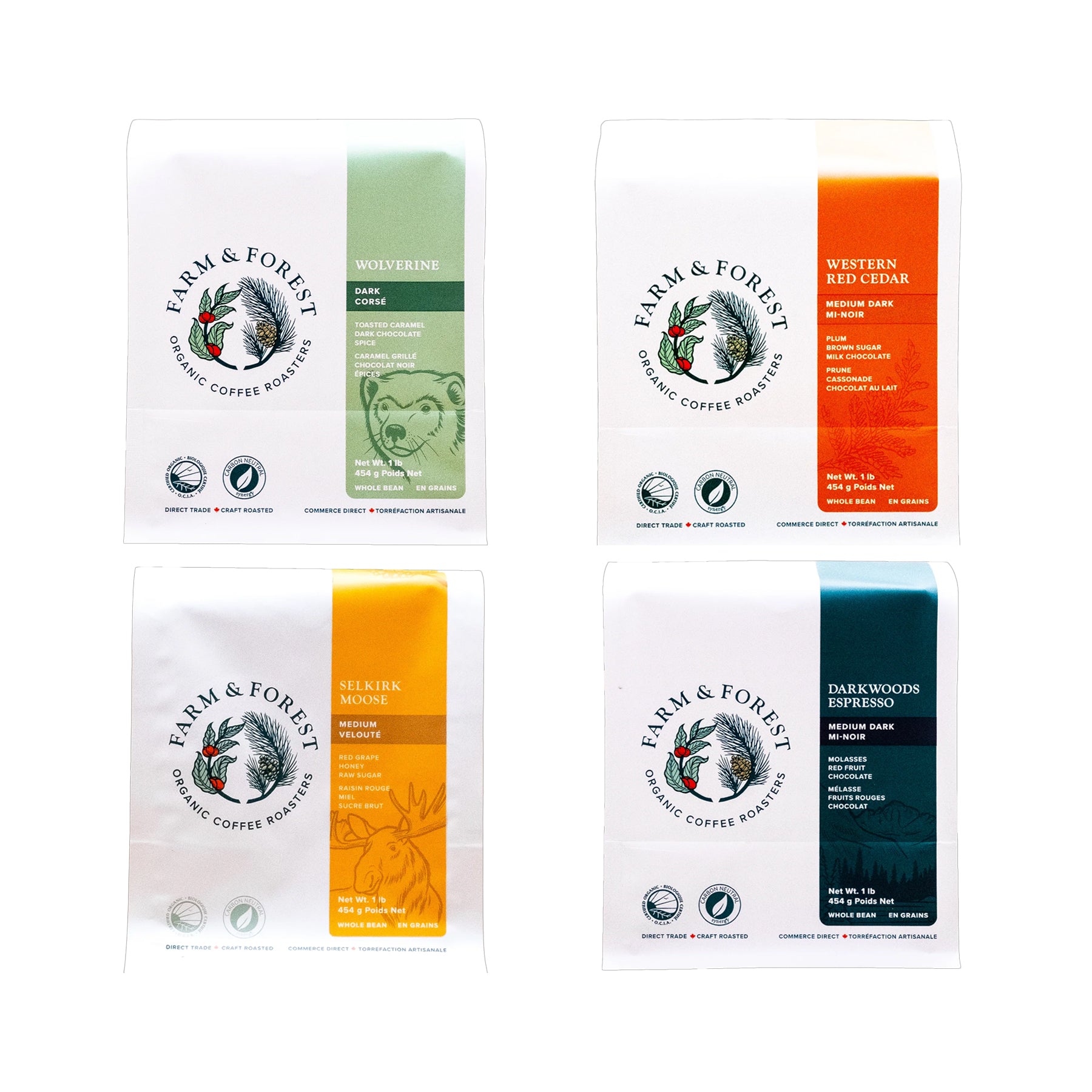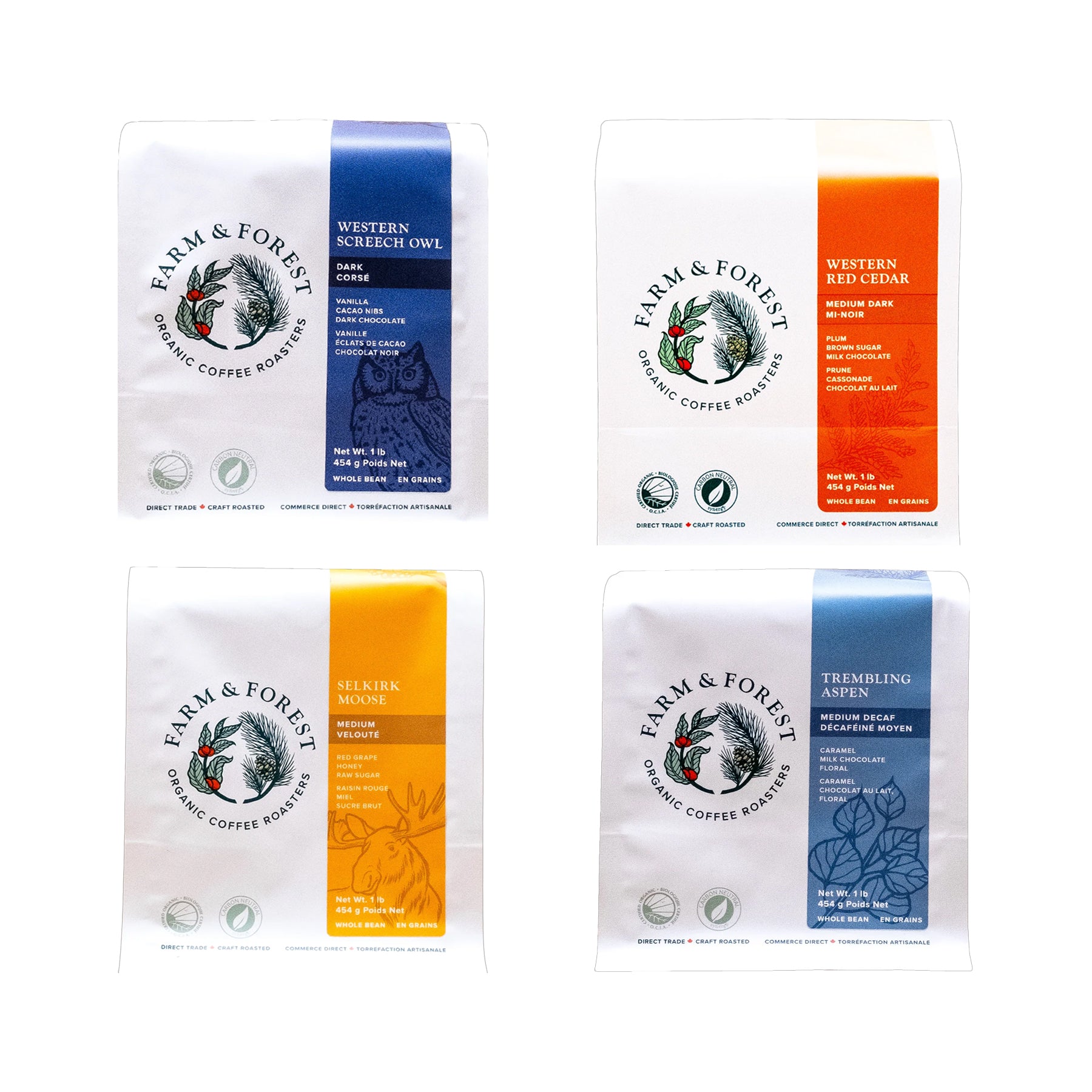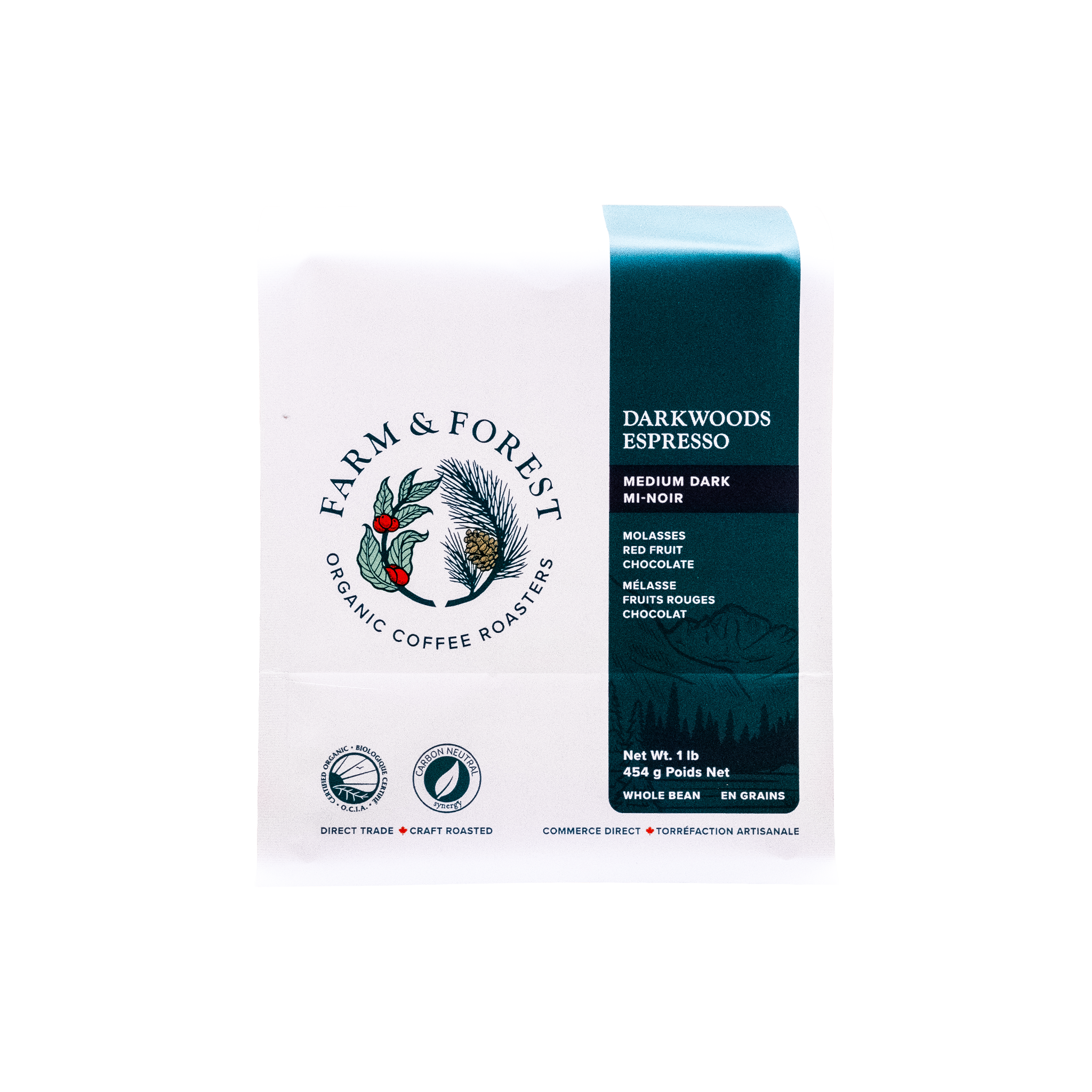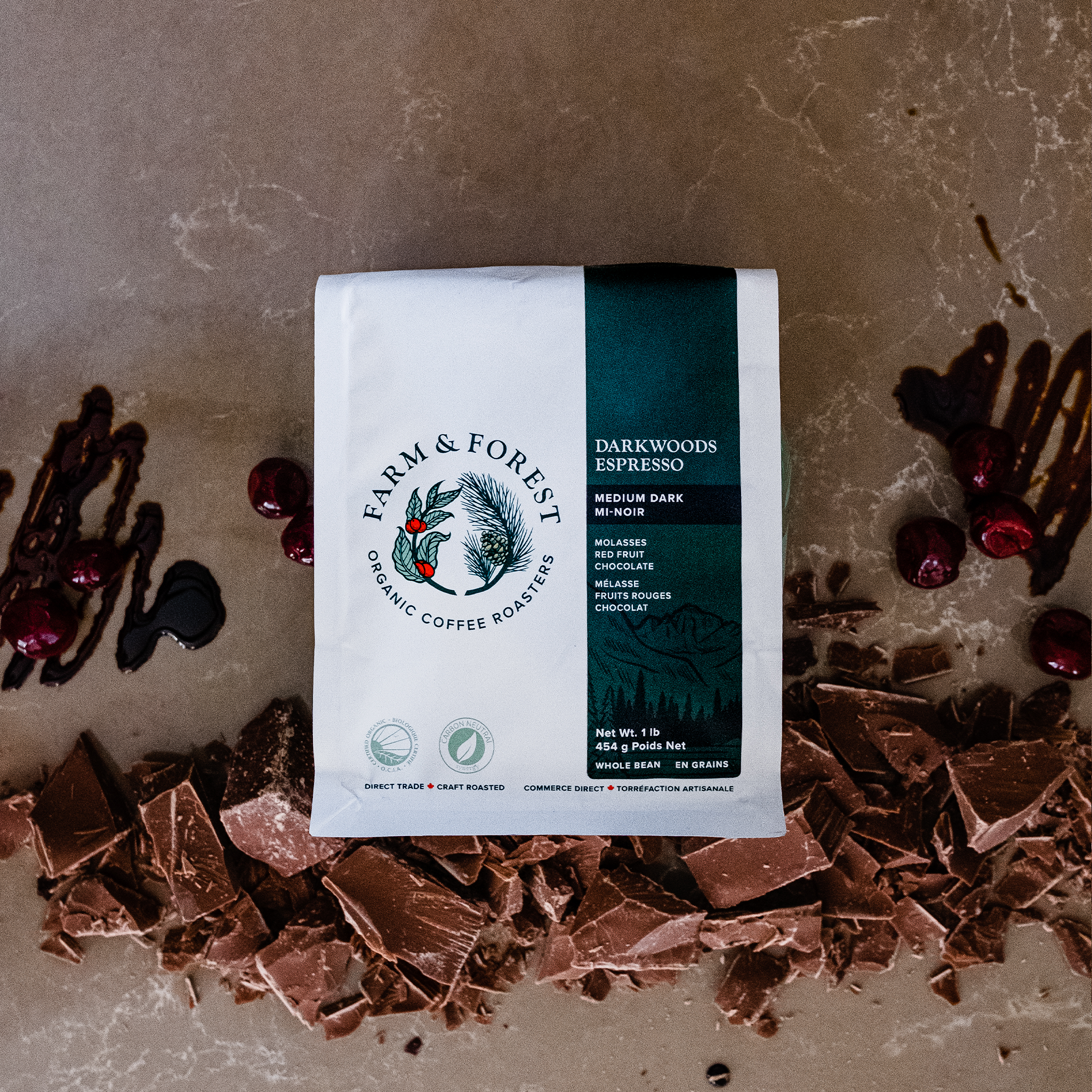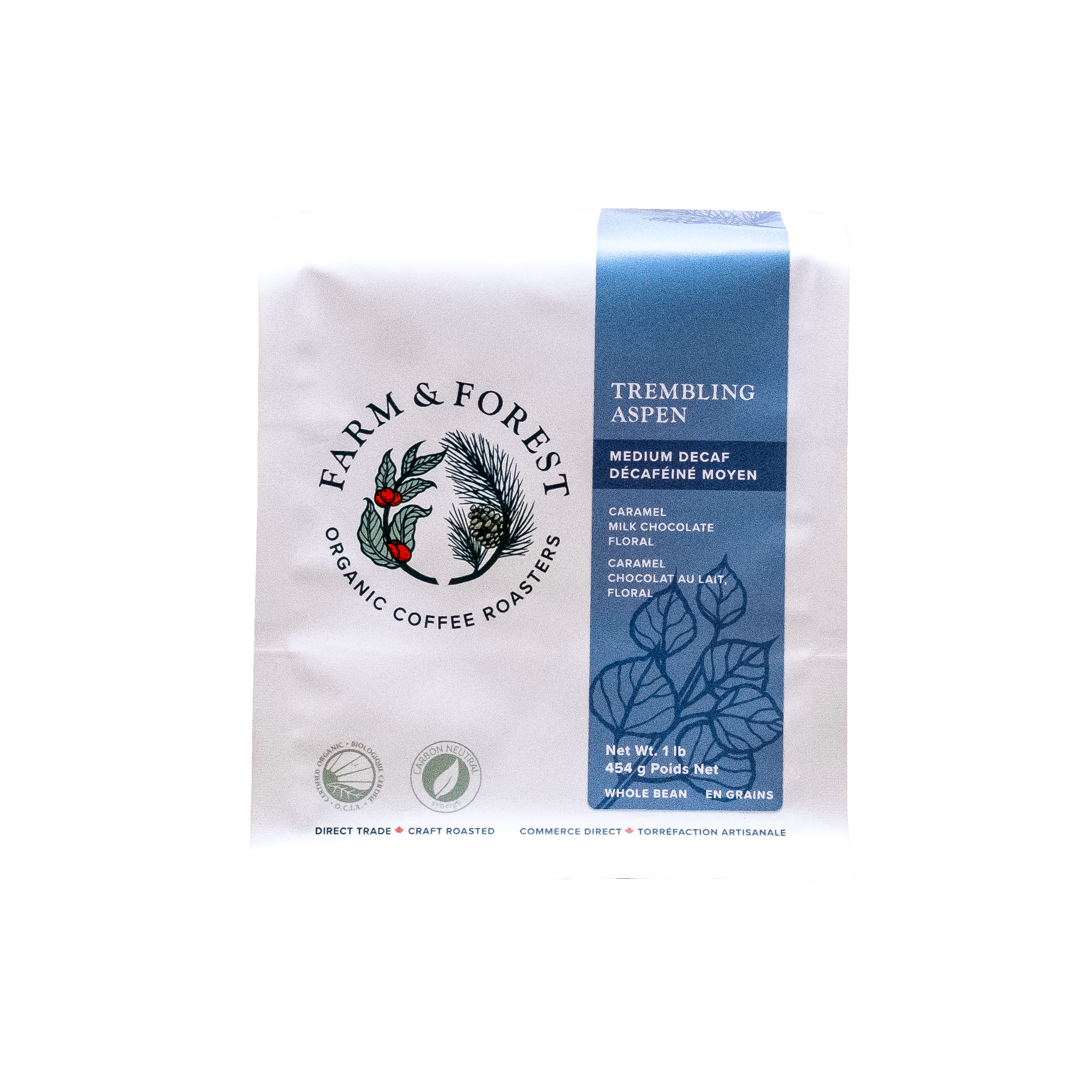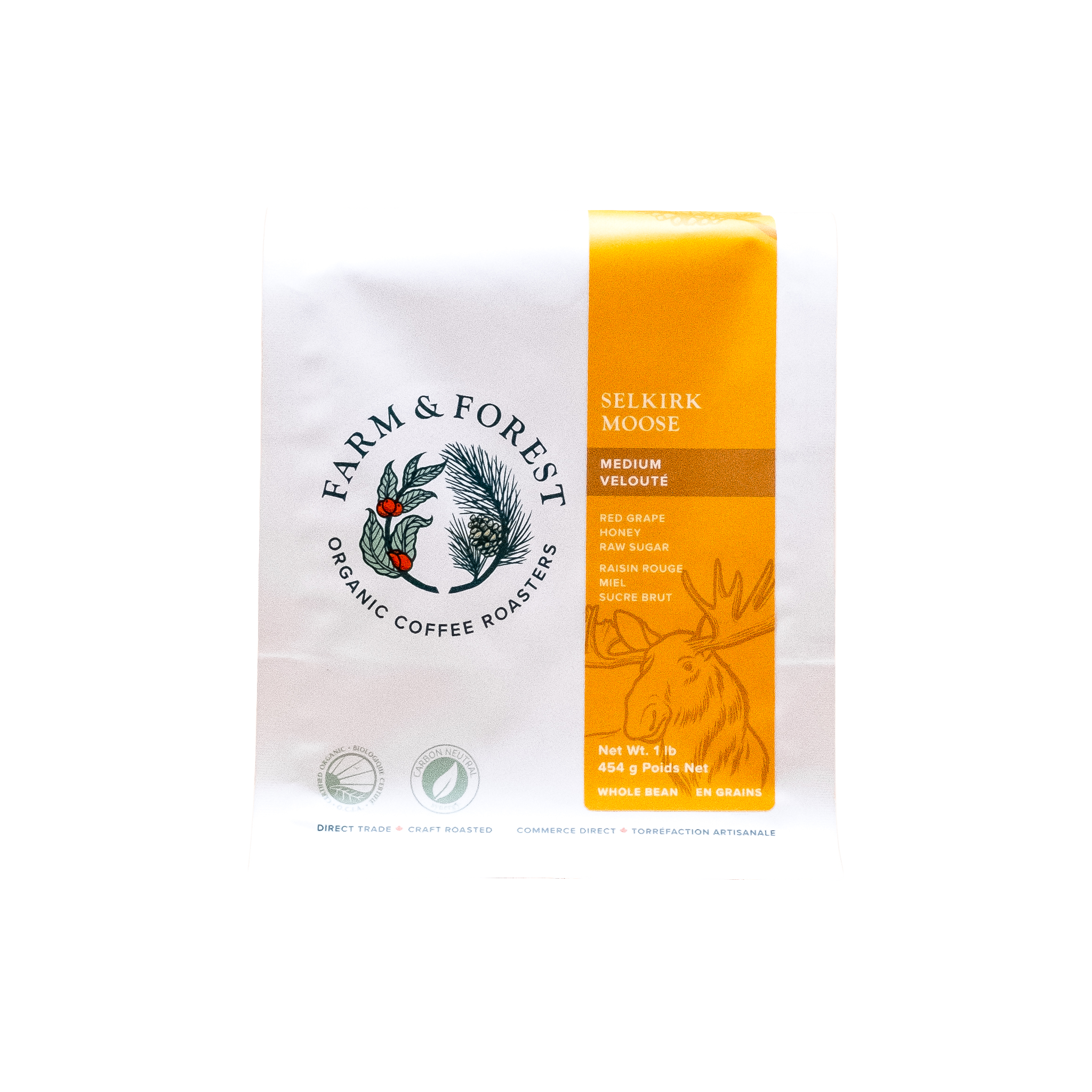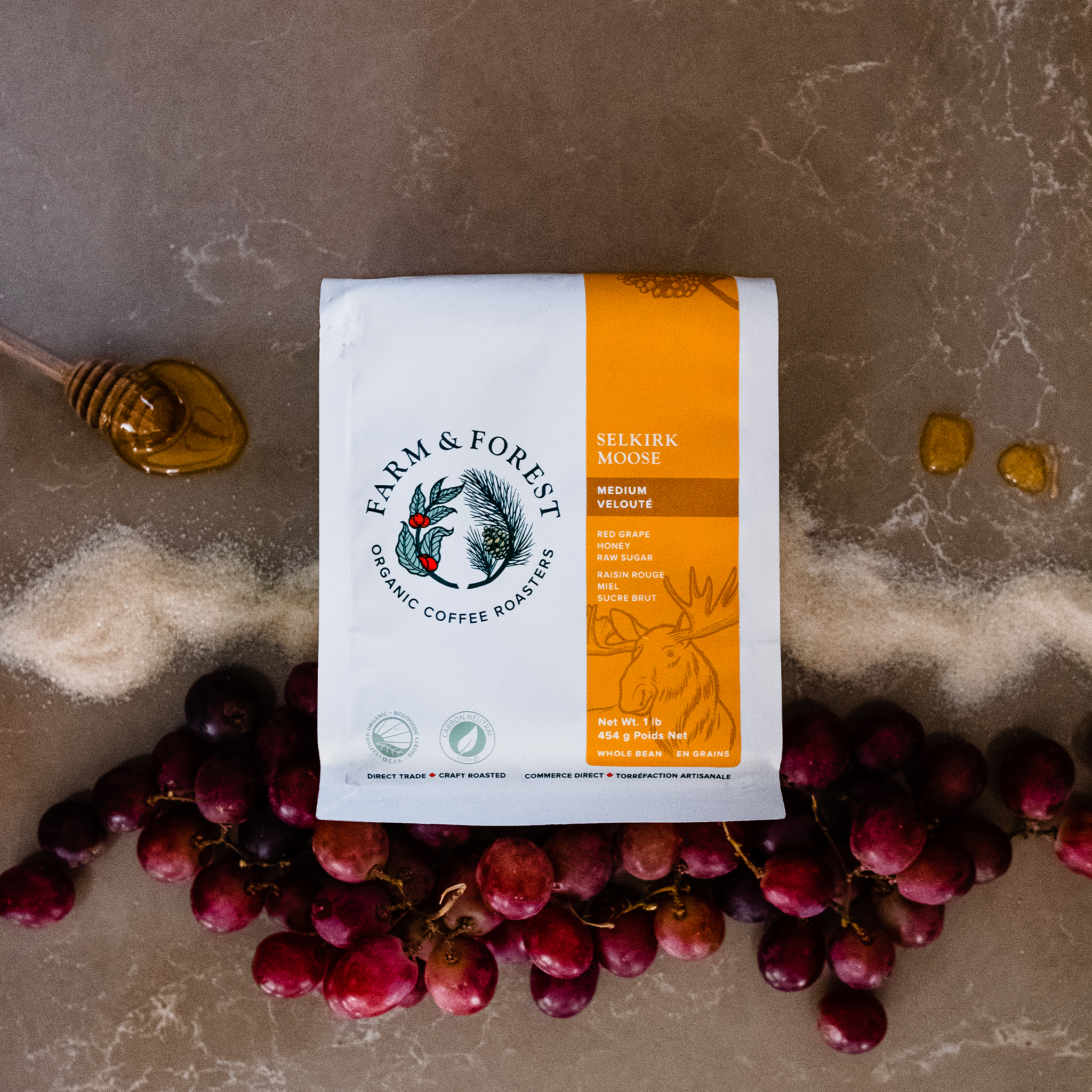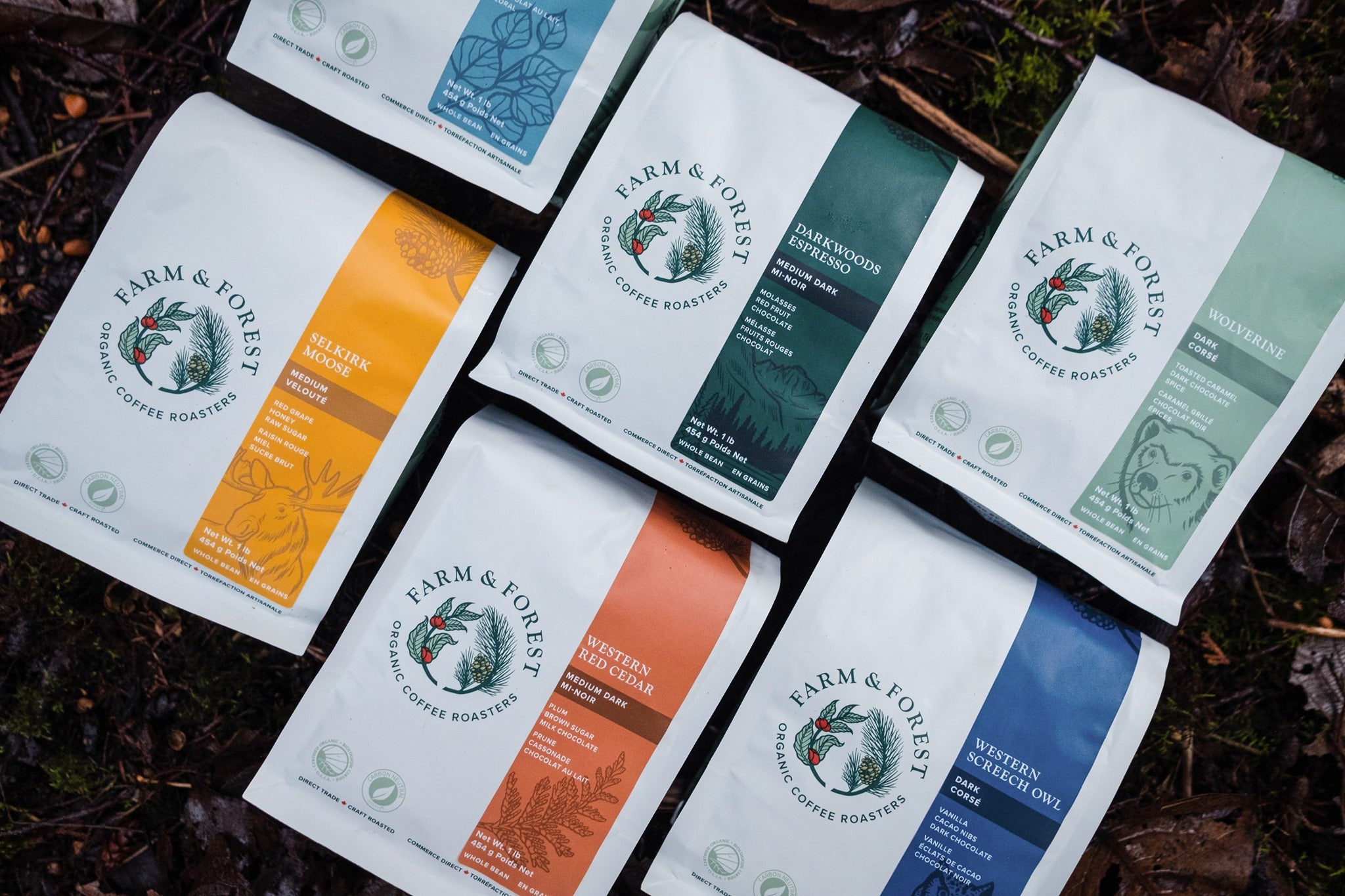How Much Caffeine Is Present in Coffee? Understand Caffeine and Health Consumption
Caffeine is one of the most widely consumed substances in the world, and coffee is its primary vehicle. Coffee lovers often ask, “How much caffeine is in my cup?” This simple question can have a complex answer as caffeine content varies depending on the type of coffee, how it's brewed, and the serving size. In this article, we'll explore how much caffeine is present in different types of coffee, what affects caffeine levels, and the impact of caffeine consumption on health.
What is Caffeine?
Caffeine is a natural stimulant found in coffee beans, tea leaves, cocoa, and other plants. It acts on the central nervous system to boost alertness and reduce fatigue. Most adults in North America get their caffeine fix from coffee, which, besides its taste and aroma, is valued for the energy and focus it can provide. But how much caffeine is too much? To answer that, we first need to understand the caffeine content in different coffee types.
How Much Caffeine is in a Cup of Coffee?
The amount of caffeine in a cup of coffee depends on several factors, including the type of coffee bean, brewing method, and serving size. Here’s a breakdown of typical caffeine levels:
Brewed coffee (drip coffee):
A standard 8-ounce cup of drip coffee contains between 70 to 140 milligrams (mg) of caffeine, with an average of around 95 mg.
Espresso:
A 1-ounce shot of espresso contains about 63 mg of caffeine. Espresso-based drinks like lattes or cappuccinos typically contain one or two shots of espresso, translating to 63-126 mg of caffeine per serving.
Instant coffee:
A cup of instant coffee contains slightly less caffeine, ranging from 30 to 90 mg per 8-ounce serving.
Cold Brew:
Cold brew coffee often contains more caffeine than regular brewed coffee. A typical 12-ounce serving can have 150-200 mg of caffeine due to its extended brewing time.
Factors Affecting Caffeine Content in Coffee
Several factors influence how much caffeine is in your coffee. Here are the key ones:
1. Type of coffee bean
Coffee beans come in two primary varieties: Arabica and Robusta. Robusta beans have almost twice the caffeine content of Arabica beans. If you want a stronger caffeine kick, Robusta-based coffees will deliver more than Arabica-based ones.
2. Roasting process
Many people think dark roast coffee contains more caffeine because of its stronger flavour, but that’s a common misconception. In fact, light roast coffee typically contains slightly more caffeine than dark roast coffee because the roasting process reduces the caffeine content. However, the difference is small, and most people won’t notice it.
3. Brew time
The longer coffee grounds are in contact with water, the more caffeine is extracted. That’s why methods like French press and cold brew—which involve longer brewing times—tend to yield coffee with higher caffeine content when compared to quick methods like espresso.
4. Serving size
It’s important to consider that caffeine content is usually measured per serving. Larger serving sizes naturally increase the caffeine intake. For example, a 12-ounce serving of coffee will contain more caffeine than an 8-ounce serving, even if they were brewed the same way.
How Much Caffeine is Safe to Consume?
The U.S. Food and Drug Administration (FDA) suggests that for most healthy adults, up to 400 mg of caffeine per day is considered safe. That’s roughly equivalent to four 8-ounce cups of brewed coffee.
However, individual tolerance to caffeine can vary, and some people may experience side effects at lower levels.
Signs of Excessive Caffeine Intake
Excessive caffeine consumption can lead to several unpleasant side effects, including:
- Jitters or nervousness
- Insomnia
- Rapid heart rate
- Headaches
- Digestive issues
If you experience these symptoms after drinking coffee, you may be consuming too much caffeine. It’s best to adjust your intake or switch to lower-caffeine options like decaf or tea.
Caffeine Sensitivity: Why Do Some People React Differently?
Caffeine sensitivity varies widely between individuals due to genetics, metabolism, and lifestyle factors. Some people can drink coffee all day and sleep soundly, while others might feel jittery after just one cup. Here are the main reasons for different reactions to caffeine:
- Genetics: Some people metabolize caffeine more quickly than others. If you process it slowly, the stimulant effect will last longer and may be more intense.
- Regular consumption: Habitual coffee drinkers can build up a tolerance to caffeine over time, meaning they may need more caffeine to experience the same effects.
- Age and health conditions: Older adults and people with certain health conditions (like anxiety disorders) may be more sensitive to caffeine.
Caffeine and Health: What You Should Know
Caffeine can have both positive and negative effects on health, depending on how much you consume and your personal health status. Let’s look at both sides.
Potential health benefits of caffeine
Research suggests that moderate caffeine consumption may offer some health benefits:
- Improved cognitive function: Caffeine helps improve alertness, memory, and reaction times.
- Enhanced physical performance: Caffeine is often used as a pre-workout aid due to its ability to increase endurance and stamina.
- Lowered risk of certain diseases: Some studies suggest that regular coffee drinkers may have a reduced risk of developing Parkinson’s disease, Alzheimer’s disease, and type 2 diabetes.
Potential Risks of Caffeine
On the flip side, excessive caffeine consumption can have negative effects, including:
- Increased heart rate and blood pressure: High caffeine intake can cause temporary spikes in both.
- Sleep disturbances: Drinking coffee too late in the day can interfere with sleep quality and duration.
- Dependency: Regular caffeine consumption can lead to physical dependence. If you try to cut back, you might experience withdrawal symptoms like headaches, irritability, and fatigue.
Conclusion
Coffee is enjoyed by millions of people worldwide, and caffeine is at the heart of its popularity. Understanding how much caffeine is in your cup and how it affects your body is key to making informed decisions about your consumption. While moderate coffee consumption can provide health benefits and enhance performance, too much caffeine can lead to adverse side effects. By being mindful of your caffeine intake, you can enjoy your coffee while staying within healthy limits.





